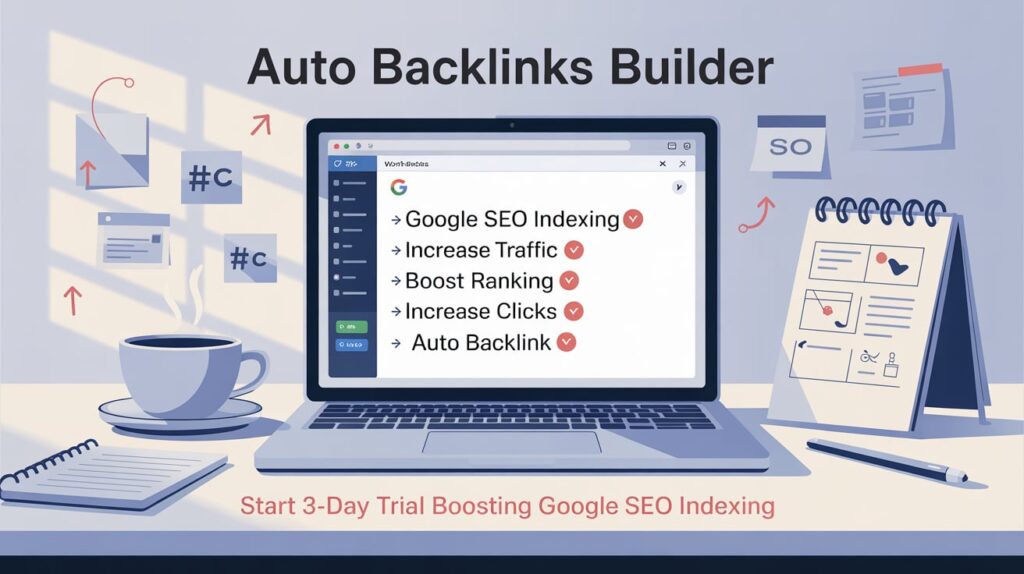WordPress.com Elevates Site Management with AI-Powered MCP
Note: This post may contain affiliate links, and we may earn a commission (with No additional cost for you) if you make a purchase via our link. See our disclosure for more info.
WordPress.com has introduced support for the Model Context Protocol (MCP), an open standard designed to bridge the gap between AI assistants and WordPress sites. Traditionally, managing WordPress sites required manual logins and navigating dashboards to check posts, traffic, and updates. MCP revolutionizes this by enabling AI assistants like Claude, ChatGPT, and Cursor to securely connect directly to WordPress.com sites, providing them with real-time context on content, analytics, and settings.
This integration offers significant benefits, primarily streamlining workflows. Users can now simply ask their AI assistant questions like, “How did my latest post perform?” or “Run a comprehensive health check across all my sites,” receiving instant, consolidated insights without needing to log in or manually gather data. This brings all site content, data, and insights into one centralized AI interface, fostering a more efficient management experience.
Security is a cornerstone of MCP's design. It ensures safe access with nothing stored locally, and users retain full control to connect or disconnect their AI assistants at any time, secured by OAuth. Initially, the integration provides “read-only” access, allowing AI to surface information and insights securely. Future updates are planned to introduce “write” access, further extending AI capabilities.
Getting started is straightforward: users on paid WordPress.com plans enable MCP on their account, configure their AI application, and authenticate via OAuth. This makes WordPress.com the first host to support MCP with OAuth by default. Examples of its utility include instantly getting traffic insights, receiving prioritized action plans for site health issues, and summarizing comments across multiple sites. MCP transforms how users interact with their WordPress.com sites, offering a faster, more focused, and secure way to stay informed directly within their AI tools.

